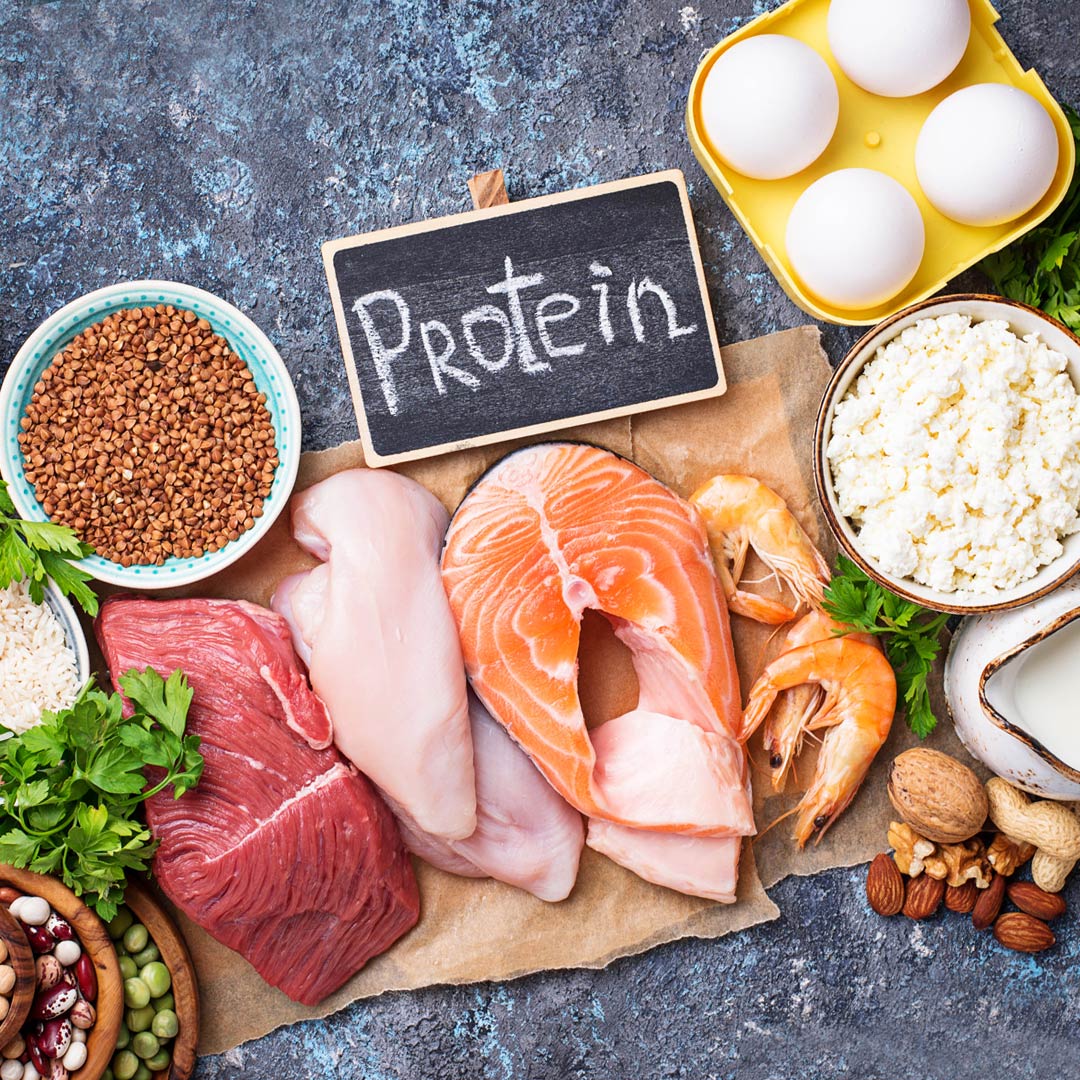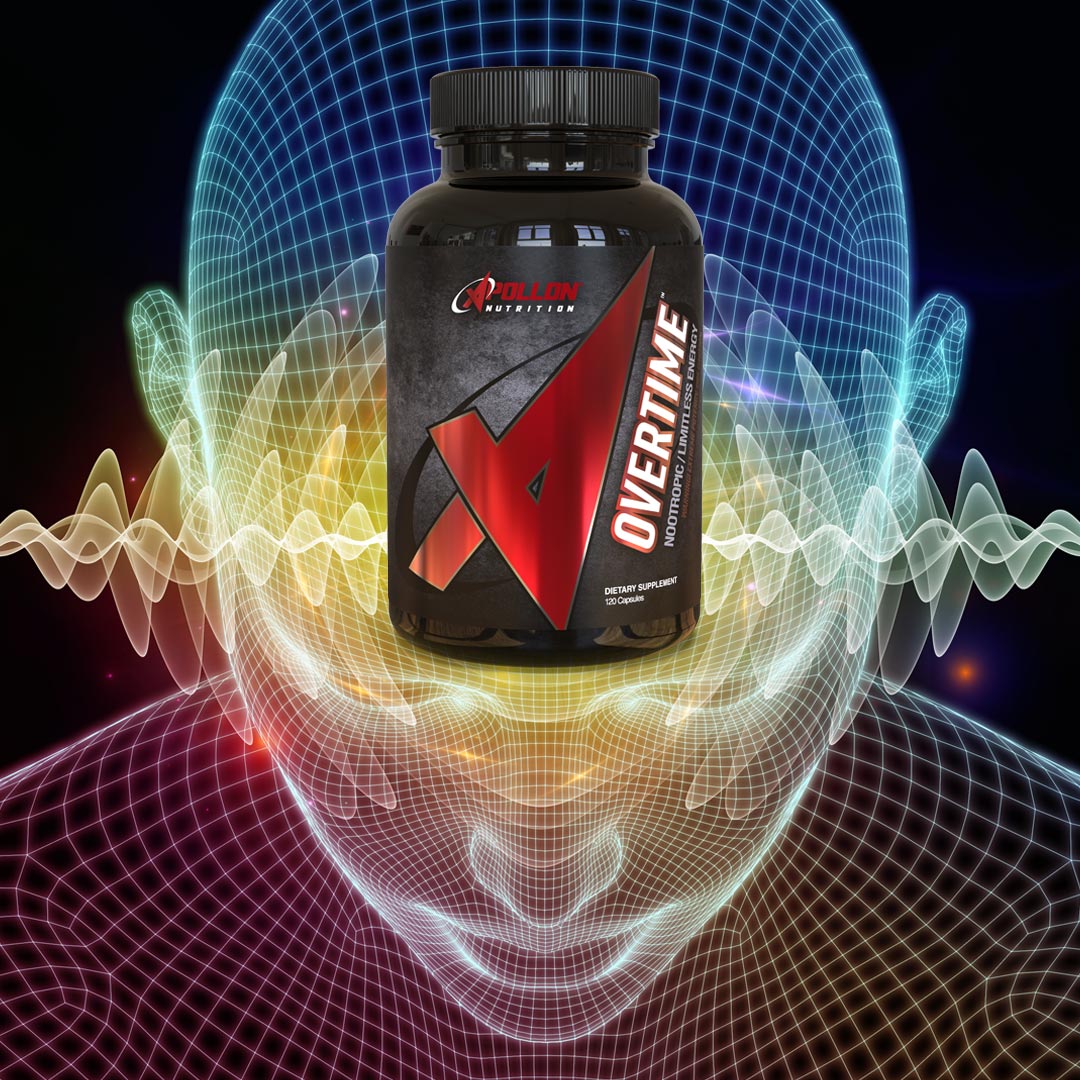The fitness realm is littered with confusion in part due to the massive amounts of information we’re bombarded with everyday, but also outright lies and obfuscation by diet “gurus” trying to make a quick buck.
One of the most prevalent beliefs is that high protein diets are bad for the kidneys.
Today, we take a good hard look at what the scientific evidence has to say regarding high protein diets and kidney function and whether or not you should toss out your tub of protein powder.
Let’s get started!
Do High Protein Diets Hurt Kidney Function?
The debate over the safety of high-protein intakes has been going on for over 30 years. In fact, researchers have known for nearly a century that high-protein diets can be harmful...when an individual has impaired kidney function, that is.
For instance, Jackson et al. documented that diets high in protein resulted in moderate to severe renal damage in rats when they had one of their kidneys removed.[1]
Of course, if the internet was around in 1928 (when the above study was published), the headline would have been something along the lines of:
“High protein diets cause kidney damage.”
How the headline should actually read is:
“High-protein diets are harmful to rats that are missing one kidney.”
Salacious, click-baiting headlines aside, the idea was implanted in the collective consciousness that diets high in protein are bad for the kidneys, and it’s run amok if fitness and nutrition circles ever since.
Fortunately, in recent years, a plethora of studies and meta-analyses have been published shedding light on the truth about high-protein diets and kidney function.
Every single one of these studies indicates that high-protein diets are not harmful and do NOT impair kidney function in otherwise healthy individuals. High protein diets also do NOT adversely affect glomerular filtration rate (GFR) or electrolyte balance.[2,3,4,5,6,7,8,9]
Note: GFR is a test to measure how efficiently the kidneys filter blood and remove waste.*
In fact, a 2016 study had healthy, resistance-trained individuals consume a high-protein diet, consisting of ~2.51–3.32 g/kg (1.14-1.5 grams per pound) of protein per day for an entire year.[2] Researchers found no evidence of harmful effects on measures of kidney function, blood lipids, or liver function.
Even more intriguing is the fact that researchers noted that despite the total increase in energy intake of the subjects during the high protein phase, the didn’t experience an increase in fat mass![2]
A previous study from 2014 had resistance-trained men consume a daily protein intake of 4.4g/kg (2 grams of protein per pound of bodyweight) for eight weeks and observed no detrimental effects to kidney function.[7]
In case you weren’t aware, 4.4g/kg of body weight is approximately FIVE times the RDA for protein intake.
For an individual to consume this much protein from “whole food” sources (chicken breast, lean steak, eggs, etc.), eating would basically have to be their full time job, and it would be incredibly challenging due to the highly satiating nature of dietary protein.
So, to help the subjects hit their daily totals, they consumed whey and casein protein shakes, similar to what you get in every scoop of Apollon 50/50 Formula-X Protein.
One other thing that bears mentioning is that the test subjects were consuming a hypercaloric diet. Specifically, each male was consuming around an 800 kilocalorie surplus.
Despite eating above maintenance calories, the men (on average) did NOT gain significant amounts of body fat, even though their training volume remained consistent with their pre-trial training regimen.[7]
Further evidence that high protein diets are not harmful to the kidneys can be found in a recent 2019 systematic review titled, “Dietary Protein, Kidney Function and Mortality: Review of the Evidence from Epidemiological Studies.”
Researchers found that baseline protein intake were NOT associated with a decline in kidney function and that long-term low protein intakes (<0.8 g/kg/day) may increase risk of mortality.[10]
In other words, high protein diets do not damage or impair kidney function, in otherwise healthy individuals. Low protein diets, however, may increase the risk of mortality compared to higher protein diets.
Takeaway
For otherwise individuals who eat right, train hard, and live a healthy lifestyle (i.e. the prototypical Apollon Nutrition customer), consuming a high-protein diet does NOT pose any inherent risk to kidney function or health.
However, if you are an individual with impaired kidney function, missing a kidney, or have chronic kidney disease (CKD), the same cannot be said.
Protein intake should be closely monitored under the direction of your physician since there is evidence that high-protein diets may worsen kidney function due to the difficulty CKD patients have with eliminating the waste products from protein metabolism.
At the end of the day, if you are an otherwise healthy individual, consuming a high protein diet is safe and may be a great way to build muscle and help lose fat!
And, if you need help hitting your daily protein requirements, click here to learn more about our top-rated protein blend -- 50/50 Formula-X.
References
-
H. Jackson and O. J. Moore, “The effect of high protein diets on the remaining kidney of rats,” Journal of Clinical Investigation, vol. 5, no. 3, pp. 415–425, 1928.
-
Jose Antonio, Anya Ellerbroek, Tobin Silver, et al., “A High Protein Diet Has No Harmful Effects: A One-Year Crossover Study in Resistance-Trained Males,” Journal of Nutrition and Metabolism, vol. 2016, Article ID 9104792, 5 pages, 2016. https://doi.org/10.1155/2016/9104792.
-
Schwingshackl L, Hoffmann G. (2014) Comparison of High vs. Normal/Low Protein Diets on Renal Function in Subjects without Chronic Kidney Disease: A Systematic Review and Meta-Analysis. PLOS ONE 9(5): e97656. https://doi.org/10.1371/journal.pone.0097656
-
J. Antonio, A. Ellerbroek, T. Silver et al., “A high protein diet (3.4 g/kg/d) combined with a heavy resistance training program improves body composition in healthy trained men and women—a follow-up investigation,” Journal of the International Society of Sports Nutrition, vol. 12, no. 1, article 39, 2015.
-
Friedman AN, Ogden LG, Foster GD, Klein S, Stein R, Miller B, Hill JO, Brill C, Bailer B, Rosenbaum DR, Wyatt HR: Comparative effects of low-carbohydrate high-protein versus low-fat diets on the kidney. Clin J Am Soc Nephrol 2012, 7:1103-1111.
-
Poortmans JR, Dellalieux O: Do regular high protein diets have potential health risks on kidney function in athletes? Int J Sport Nutr Exerc Metab 2000, 10:28-38.
-
Antonio J, Peacock CA, Ellerbroek A, Fromhoff B, Silver T: The effects of consuming a high protein diet (4.4 g/kg/d) on body composition in resistance-trained individuals. J Int Soc Sports Nutr 2014, 11:19
-
Devries MC, Sithamparapillai A, Brimble KS, Banfield L, Morton RW, Phillips SM. Changes in Kidney Function Do Not Differ between Healthy Adults Consuming Higher- Compared with Lower- or Normal-Protein Diets: A Systematic Review and Meta-Analysis. J Nutr. 2018;148(11):1760-1775.
-
F Martin, W., Armstrong, L., & Rodriguez, N. (2005). Dietary Protein Intake and Renal Function. Nutrition & Metabolism(Vol. 2). https://doi.org/10.1186/1743-7075-2-25
-
Bilancio, Giancarlo, et al. "Dietary Protein, Kidney Function and Mortality: Review of the Evidence from Epidemiological Studies." Nutrients, vol. 11, no. 1, 2019, p. 196.






Leave a comment
This site is protected by hCaptcha and the hCaptcha Privacy Policy and Terms of Service apply.